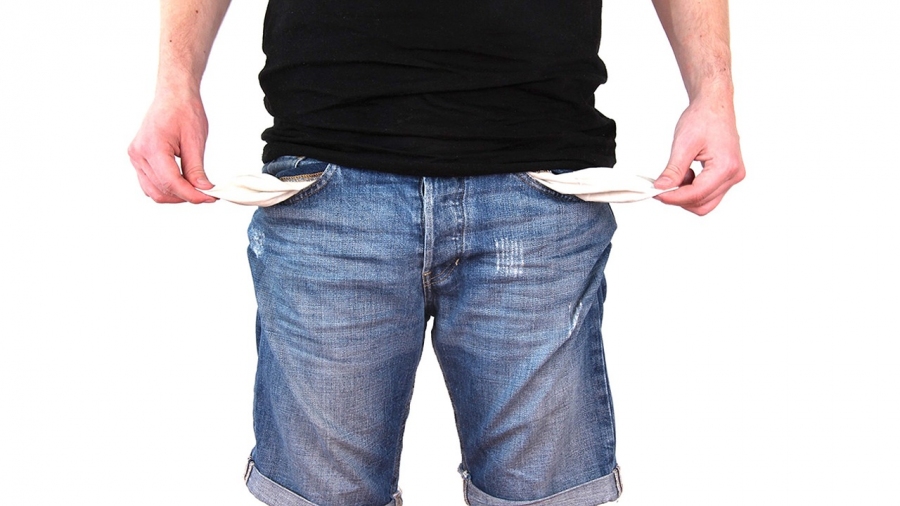Some people find it impossible to recover from a financial crisis. For many, the only viable option seems to be to file for Chapter 7 or Chapter 13 bankruptcy protection. The truth is that several alternatives exist if you are in financial distress, and should be seriously considered before resorting to bankruptcy.
Sell Everything You Can
You already have money lying around the house, but the money is in the form of tools, office equipment, DVDs, excess clothes, and other luxuries. This may seem like a drastic step, but avoiding bankruptcy requires drastic measures. Sell everything you can — you’ll find that you don’t need most of the things in your house. Use the money to bring as many bills as you can current, especially mortgage and car payments.
Consider a Second Job
Statistics show that eight million people in the U.S. work a second job or part-time job. You may need to sacrifice valuable time with your family, but you must remember it is for the good of your family. Keep in mind that the situation is temporary and consider the long-term payoff of the investment. Once you find financial balance, family balance will follow.
Build a Bare-Bones Budget
A bare-bones budget is one that covers your necessities. Instead of eating out for lunch, start bringing a homemade lunch to work. If you have several lines on a cell phone plan or cable television, eliminate them immediately. If you must, consider a prepaid phone and a broadband antenna for your T.V. Instead of buying filtered water, start drinking water from your tap. Buy generic brands at the grocery store — in time you will learn that generic brands are not much different than name brands.
Bankruptcy Should Be a Last Resort
If bankruptcy is inevitable, you should talk to an attorney and consider filing for Chapter 13 protection. Under Chapter 13 laws, you are given an opportunity to work with creditors and establish an affordable lump-sum monthly payment. Also known as a wage earner’s plan, Chapter 13 bankruptcy offers a chance to pay your bills over a period of three to five years. Under Chapter 13, federal law prohibits collectors from continuing or starting new collection efforts.
If you are on the brink of bankruptcy, you should consider these alternatives and many others before you file. Bankruptcy has an immediate and lasting negative impact on your credit, and is far from a “fairy godmother” that makes your problems disappear. It can take seven to 10 years before credit agencies remove a bankruptcy from your report, among other repercussions. Consider it only as a last resort.
































No Comments
Leave a comment Cancel